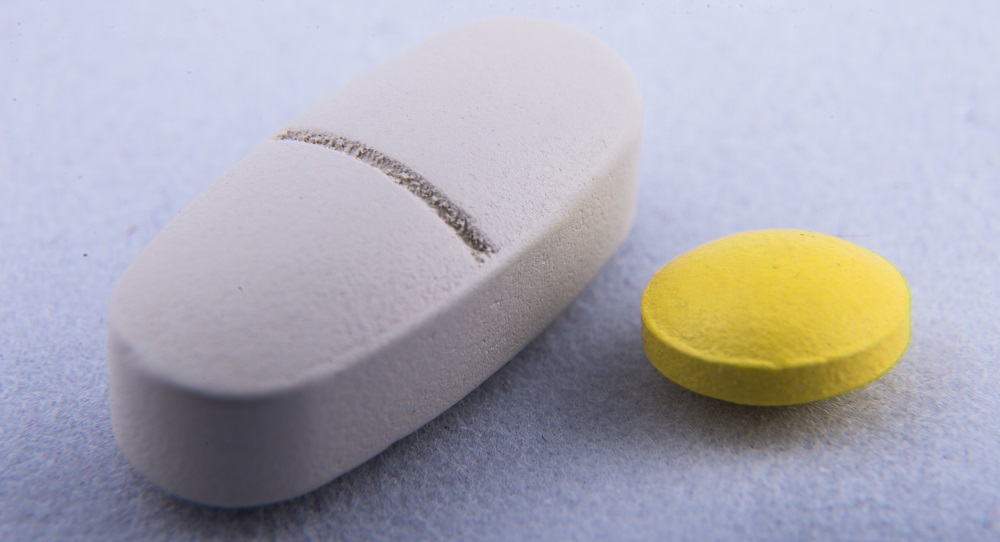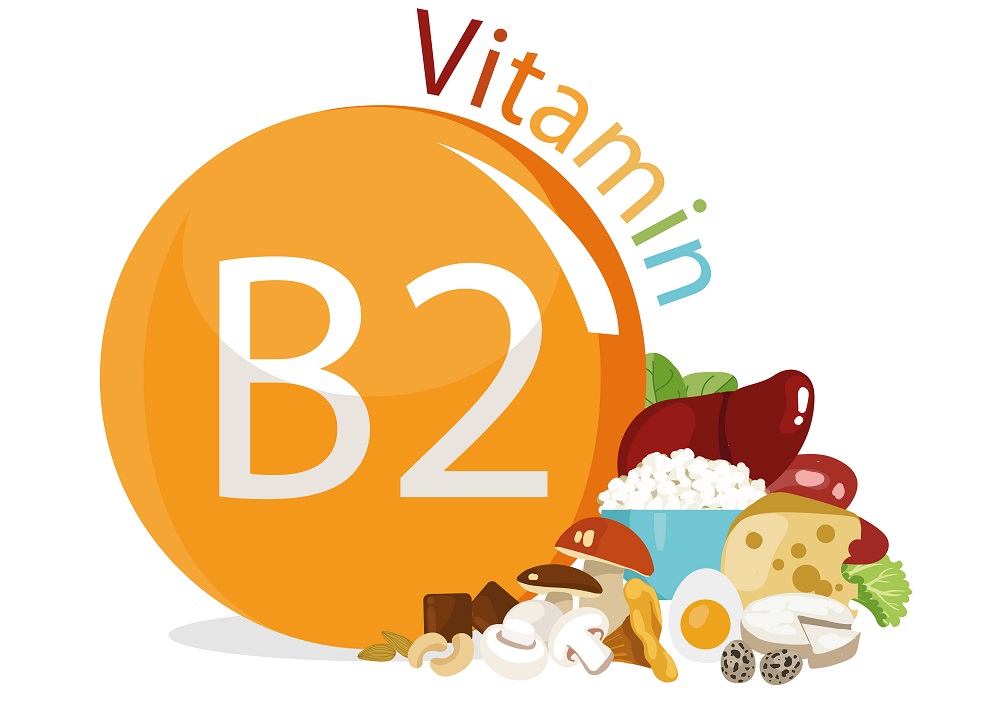Veganism is characterized as a lifestyle that abstains from the use and consumption of animal products such as meat, poultry, fish, dairy, and so on. Due to the specific restrictions against certain items that the general population conventionally eats, there are some nutrients that vegans might not commonly have in the food they eat. In this regard, there are some vitamins that vegans have to be mindful of to make sure they get enough of them and avoid deficiency issues.
Although vitamins are micronutrients that the human body needs in very little amounts, there are still necessary for proper functions. Due to the specific diets of vegans, there are vitamins that they cannot access since they are typically found in food products that are not allowed in their diets. These vitamins include vitamin B12, vitamin B2, and vitamin D.
Bright Future Recovery Detox Center notes that alcoholics suffer from symptoms like anxiety, insomnia, dizziness, and depression due to nutrient deficiencies in a similar vein to those that practice a poor vegan diet - Lacking in B-complex vitamins which are essential for emotional and mental well being.

Macronutrients such as carbohydrates, lipids, and proteins are nutrients that contribute significantly to the calories and materials that the body requires. However, there are also some nutrients that the body needs in very little amounts. These micronutrients include vitamins and minerals. Although the body only needs them in relatively trace amounts, deficiencies in these nutrients can lead to adverse health effects. Vitamins, in particular, are necessary for certain body functions including growth, development, health, and reproduction (1).
Vitamins are generally divided into two categories: water-soluble vitamins and fat-soluble vitamins. Grouped according to their polarity and solubility, water-soluble vitamins are vitamins that are capable of fully dissolving or dissociating in water. Examples of water-soluble vitamins include vitamin C (ascorbic acid) and the vitamin B complex (B1 [thiamine], B2 [riboflavin], B3 [niacin], B5 [pantothenic acid], B6 [pyridoxine, pyridoxal, and pyridoxamine], B7 [biotin], B9 [folic acid], B12 [cobalamin]) (2).
In contrast, fat-soluble vitamins require organic solvents such as oils to be dissolved as they cannot dissociate in water. These vitamins are also absorbed and transported very similarly to other fast and lipids. These vitamins are vitamin A, vitamin D, vitamin E, and vitamin K (3).
When it comes to most vitamins, the term used to describe them is essential which means that they can only be obtained from the food people eat. However, there are two vitamins that the body has been observed to be able to produce on its own. These are vitamin B3 and vitamin D.
Vitamin B3, or niacin, is produced in the liver using the amino acid tryptophan as a precursor while vitamin D is produced in the body by a series of chemical reactions that are initiated by the energy of UV radiation from the sun catalyzing the conversion of a cholesterol found in the skin. The radiation is able to convert the cholesterol into an inactive form of vitamin D called cholecalciferol which is then further processed in the liver and in the kidney to become an active form of vitamin D called calcitriol.
Since vitamins are needed in very little amounts, most people get their vitamin requirements from the food they eat. Some people that feel they lack some vitamin input from their diets can also obtain the necessary vitamins from supplements.
Unfortunately, the vitamins that people need are scattered throughout the different food items. Thus, there are some vitamins that are commonly lacking in vegan diets since these are vitamins that are often associated with prohibited food products such as meat, poultry, fish, and such. Here are some vitamins that vegans have to be mindful of.

There are eight different B vitamins under the vitamin B complex and B12, or cobalamin, is one of them. This vitamin is highly involved in metabolism as it serves as a cofactor in DNA synthesis. Vitamin B12 is also known to be involved in fatty acid metabolism and amino acid metabolism. Furthermore, vitamin B12 is an integral component in the nervous system as it is necessary for the development and initial myelination of the central nervous system (4).
Vitamin B12 is an interesting vitamin in the sense that it is specifically produced by bacteria. It is suggested that these bacteria are present in plants that animals graze on. After being consumed, these bacteria proliferate inside the digestive tract of animals and become a source of vitamin B12. The animals themselves that contain these bacteria also become a source of dietary vitamin B12.
Thus, vegan diets that do not contain these animals are therefore lacking vitamin B12 as a result.
Since vitamin B12 plays multiple roles in the body, a deficiency in the vitamin can lead to a host of adverse health effects. A vitamin B12 deficiency can severely affect the nervous system as it is highly involved with the proper function of the nervous system (5). With poor development and myelination, a range of symptoms such as fatigue, lethargy, depression, poor memory, and more can develop.
A deficiency in vitamin B12 will also lead to a condition called megaloblastic anemia. This condition is characterized by impaired red blood cell production as a direct result of the effect of a vitamin B12 deficiency on DNA synthesis.
To ensure vegans get enough vitamin B12, they can consume commercial food items that are typically vitamin-fortified such as soy products, breakfast cereals, and so on. Vegans can also benefit from taking vitamin B12 supplements.

Another B vitamin, vitamin B2 is another water-soluble vitamin that also plays several roles in the body. Also known as riboflavin, the vitamin is significantly known to act as an essential component in two important coenzymes: flavin mononucleotide (FMN) and flavin adenine dinucleotide (FAD). These enzymes have a wide array of functions that typically focus on flavoprotein enzyme reactions that are involved in energy production, cellular function, growth, and development, and metabolism of fats, drugs, and steroids (6).
It is easier to understand that the coenzymes FMN and FAD are major sources of vitamin B2 which is why most people get their vitamin B2 requirements from eating meat. Although both plants and animals have these enzymes, the concentration of these enzymes and vitamin B2 are typically higher in organ meats, poultry, fish, and eggs.
With the general population receiving their recommended doses of vitamin B2 from food products vegans avoid, vegans can become prone to a vitamin B2 deficiency.
Just like all vitamin deficiencies, a deficiency in vitamin B2 can lead to a range of negative symptoms such as sore throat, hyperemia (excess blood buildup), edema of oral and mucous membranes, cheilosis (the inflammation of the corners of the mouth), and glossitis (the inflammation of the tongue), which further leads to loss of hair, inflammation of the skin, cataract development, migraine prophylaxis, and decrease in hemoglobin status (7).
An easy remedy for vegans to get their necessary vitamin B2 intake would be to simply take vitamin B2 supplements. They can also simply take vitamin B complex supplements to make sure they get both vitamin B2 and vitamin B12 in one go. They can also opt to get food products that are fortified with vitamins such as breakfast cereals, rice, and flour.

Vitamin D is special compared to most other vitamins for the very fact that it can be synthesized in the body. As the skin is exposed to UV B radiation from the sun, the radiation energy catalyzes a structural change in a cholesterol in the skin. From 7-dehydrocholesterol (7-DHC), the cholesterol becomes vitamin D3 or cholecalciferol (8).
Vitamin D is a highly important vitamin with several roles in the body, but it is commonly associated with its functions in calcium absorption and calcium homeostasis (9).
While vitamin D can indeed be synthesized in the body, most people get their necessary vitamin D requirements from dietary sources. Unfortunately, food items rich in vitamin D include oily fish, red meat, liver, and egg yolks (10). These are all items that are avoided by vegans since they are derived from animals.
With its involvement in calcium absorption and calcium homeostasis, a vitamin D deficiency leads to poor bone health. An infamous consequence of a vitamin D deficiency is rickets – a childhood disease characterized by impeded growth and deformed long bones. Low vitamin D levels can also affect bone health in later years and lead to conditions such as osteomalacia and osteoporosis.
A vitamin D supplement would be beneficial for vegans because not everyone can rely on adequate sunlight for vitamin D production – especially for people living in temperate countries that experience parts of the year with minimal sunlight.
However, it is important that the vitamin D supplement chosen is vegan as well. Unfortunately, most vitamin D supplements are not vegan as the majority of the commercially produced vitamin D is taken from the grease from sheep’s wool. Fortunately, there should be some vegan options available such as vitamin D produced from lichen.
References
1. https://www.researchgate.net/
2. https://www.ncbi.nlm.nih.gov/
3. https://www.ncbi.nlm.nih.gov/
5. https://www.ncbi.nlm.nih.gov/
